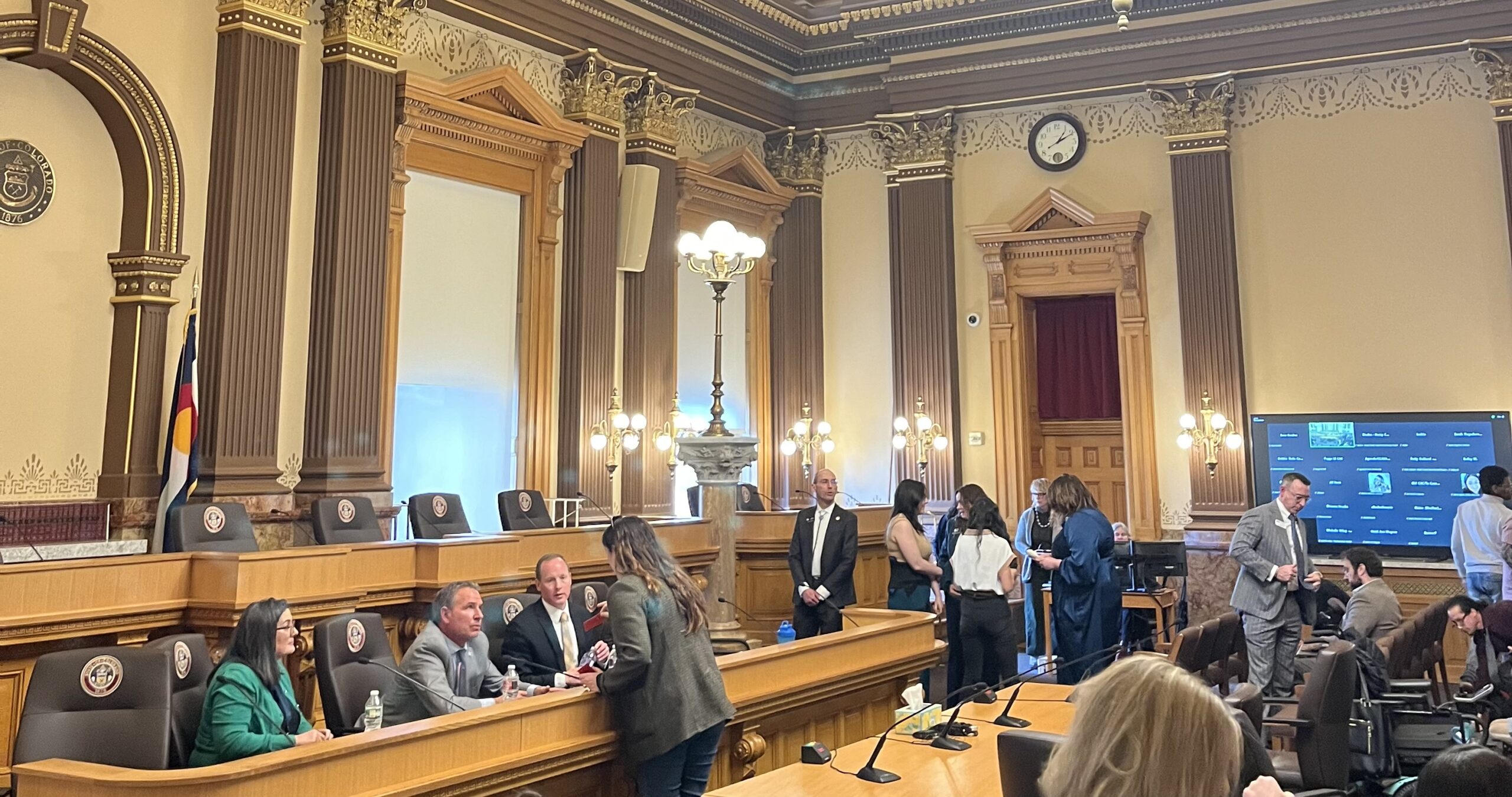Studying abroad is not only about learning a new culture, but also about getting to accept its quirks. Accepting these unique differences is an invaluable lesson and one that will broaden your perspective on the world. It is important to acknowledge your appreciation for these dissimilarities while abroad, but it is even more important to be able to remember them when you return.
A sudden wave of nostalgia swept over me two weeks ago as I drove to DIA to board a United Airlines flight to Boston. It was the first time I had been on a plane since I had returned from the all day flight from Europe. I had a sudden flashback of traveling from Rome to London on Ryan Air, thinking it was odd that there were no assigned seats on the airplane, and convulsing when the plane made several attempts to land until everyone went green with nausea on the pilot’s fifth (and thankfully successful) attempt.
Although there was no business-class or first-class seating, there was still a “priority ticket” that someone could purchase for an extra fee that would allow you to get in line first. I use the term “first” loosely here. Theoretically, if the priority passengers waiting in line were going to immediately board the plane, they would have had the privilege of choosing where they wanted to sit, and snagging those few exit-aisle seats with the precious extra inches of leg room. However, the “priority” passengers were waiting for the line to board a bus that would drive a mere 30 feet to the plane. The unfortunate priority passengers who were unseasoned in the science of boarding the airplane would follow their natural instincts and get the first seat available on the bus. As the other passengers began to hustle and cram their way onto the bus, they filled what was left of the breathable air with the smell of sweat and musk. The poor priority passengers who were stuck sitting in their seats were inevitably the last ones to leave the bus, and therefore often times had the mishap of being stuck with the unlucky middle seats.
Whenever I discovered that a friend had spent those few extra euros to purchase a priority ticket, I’d smirk and say I would promise to save them the seats with the leg room.
The Italians had a way of doing things that lacked any sort of coherent and organized structure. For example, they chose to violate every single traffic law ever invented, which made crossing the street seem like more of a life-or-death challenge than a mundane activity. Instead of waiting for a gap in the traffic, eventually I would just look down and hope for the best.
Also, the Italian bureaucracy was in a state of such disarray that most of the study abroad students never received their permits to stay in the country until we returned home. Instead of being frustrated with these peculiar antics, I learned to be grateful.
Those who thrive on an extremely structured schedule will find that environment a little unsettling at first, but eventually everyone will learn to appreciate the quirks. In fact, it was the myriad of unique things like this that colored my experience abroad.
Despite the few setbacks, Rome effortlessly found a perpetual place in my life. Since those three and a half months flew by in what felt like a short two-week stint, I sometimes feel as though I have to look through my pictures to remember I was really there and that it was not just some enchanting hallucination.
As the old adage goes, “Nothing is more precious than time, yet nothing less valued.”
For those who are about to embark on their preparations for study abroad, I can only offer a piece of advice that may seem cliché but it is essential to your journey: embrace every opportunity, live every moment, and arrive with an open mind – but most of all, an open heart.











